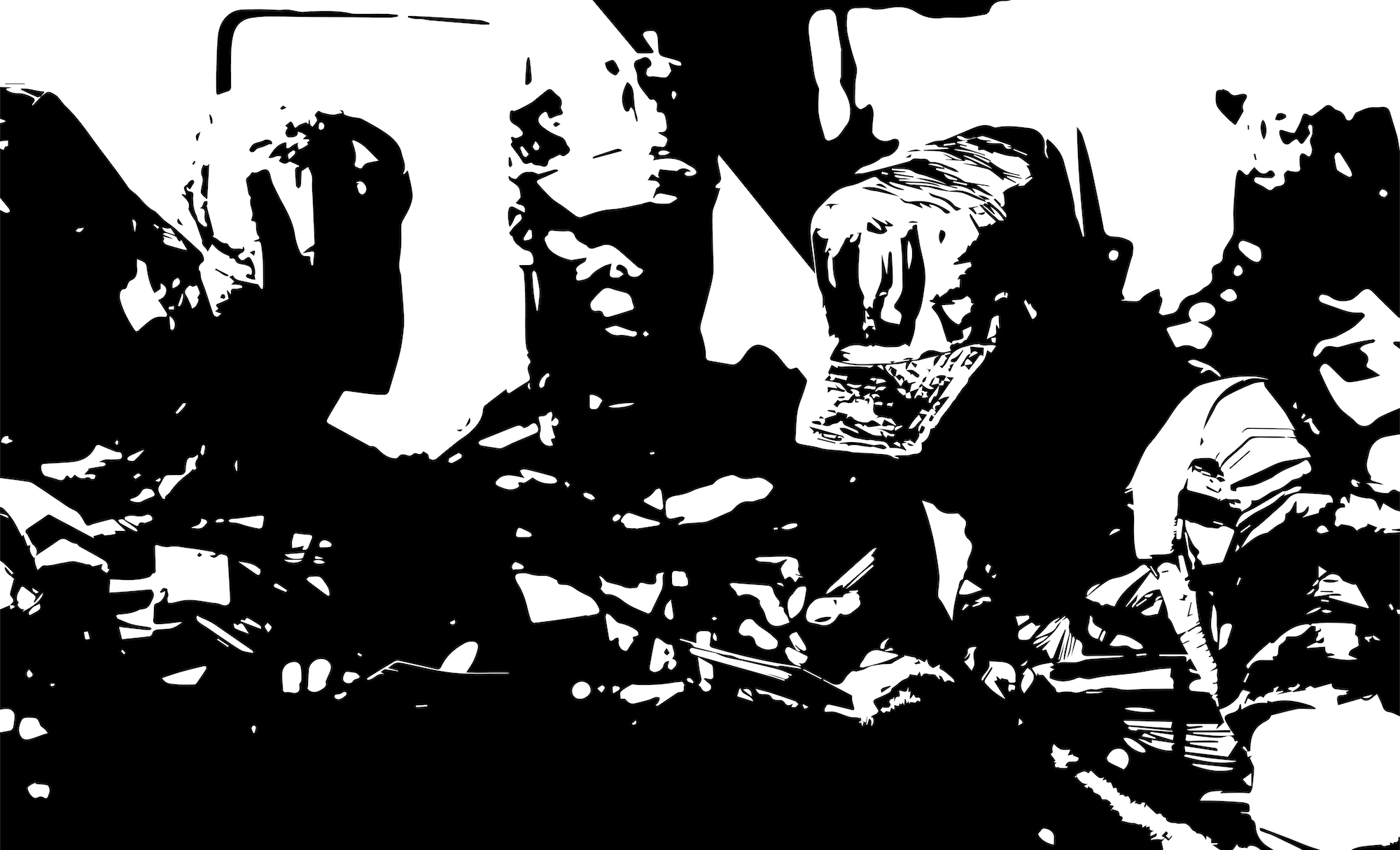Allegations of extrajudicial killings by state security forces in Burkina Faso recently uncovered by Human Rights Watch, while disturbing, are not surprising. Equally unsurprising is the US refusal to cut security assistance to penalize those responsible for these reprehensible acts. The US may have a limited ability to directly influence foreign countries’ security forces, but that doesn’t mean the US is powerless in situations like these. First introduced in 1997, the Leahy laws, which prevent the US from furnishing assistance to any unit of the security forces of a foreign country that has committed gross violations of human rights, are a powerful tool to punish and prevent state security forces from using US-provided security assistance to commit human rights atrocities. The US government’s reluctance to use these laws in clear cases like the ones uncovered in Burkina Faso threatens to undermine both efforts at providing long-term, durable human security and the ability for the US to effectively safeguard its own interests.
The humanitarian consequences of conflict and broad human rights violations in the Sahel are stark, and the situation on the ground is only deteriorating. Human Rights Watch details allegations that the Burkinabé security forces engaged in mass extrajudicial executions, during which at least 180 men were tied up, blindfolded, and summarily executed. While the Burkina Faso government has vowed to investigate these extrajudicial killings, Human Rights Watch and the New York Times have alleged a pattern of human rights abuses with, so far, no concrete action taken by Ouagadougou to hold those responsible accountable.
The humanitarian consequences of conflict and broad human rights violations in the Sahel are stark, and the situation on the ground is only deteriorating.
In the early-2010s, Burkina Faso was an island of stability in the otherwise conflict-ridden Sahel. However, following the 2014 Burkinabé uprising that led to the resignation of President Blaise Compaoré, the security situation in Burkina Faso has become increasingly tenuous. To help combat this insecurity, the US provided more than $15 million in security assistance in 2019 alone. Such security assistance not only promotes the defense capacity of partner states like Burkina Faso, but it also provides the US significant leverage to better ensure these states respect human rights, which, in the long-term, promotes sustainable security. However, these goals are greatly undermined when security funding is used by security forces with a history of committing gross violations of human rights.
Security assistance programs are an essential instrument of US foreign and security policy. Despite this, there is a growing body of evidence that security sector assistance only actually improves security when a country’s security goals run parallel to the US’ own. Resultantly, to achieve its goals the US needs to back its carrot of funding with the stick of the Leahy laws. Currently, with only a minimal risk of losing security assistance dollars and weak vetting, many partner states have shown an impunity that is damaging both to US foreign policy objectives and durable peace and security.
The Leahy laws were designed precisely for cases like this, and they need to be fully implemented. Until the Burkinabé government holds those responsible for these killings and other alleged gross violations of human rights committed by the Burkinabé military, the situation is likely to continue to deteriorate. Ensuring Ouagadougou takes responsibility for the actions of the state security forces is an essential step toward peace. The Leahy laws can help accomplish these goals, if the US consistently enforces them.
Alexander Bertschi Wrigley (@BertschiWrigley) is an Emerging Expert on security assistance with the Forum on the Arms Trade and holds an MA in International Security from Sciences Po Paris.





















